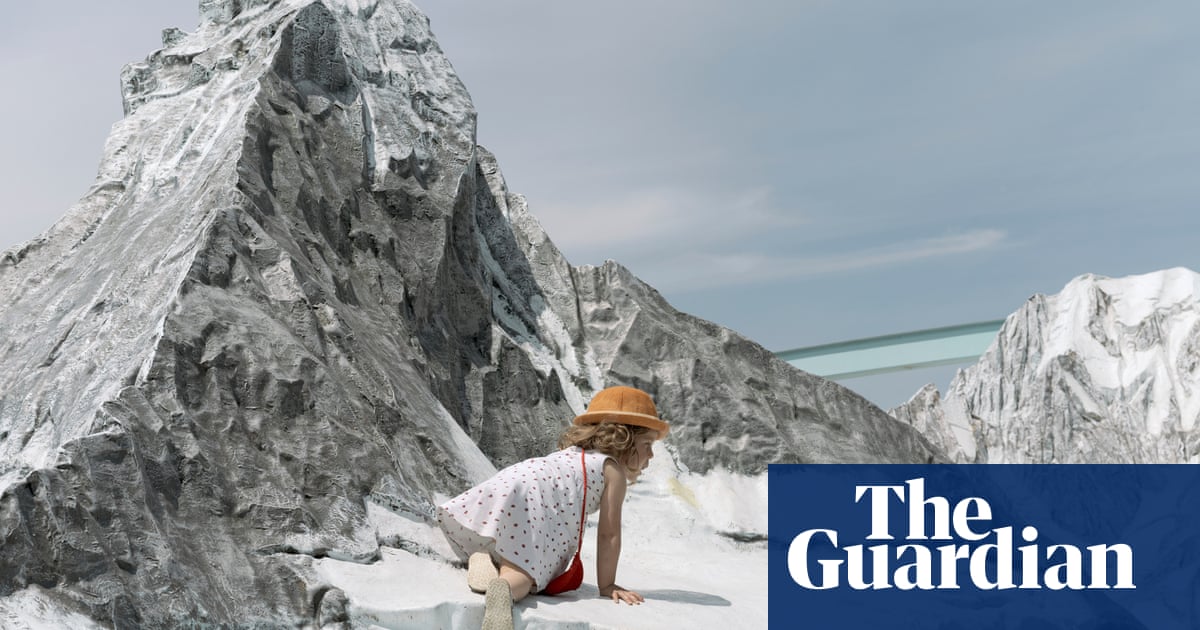
"The Anthropocene is defined by significant human impact on the Earth's geology and ecosystems, resulting in alterations that will be evident for millennia in geological strata."
"Over the past 50 years, wild animal populations have decreased by 73% as human expansion has led to habitat destruction and the threat of extinction for numerous species."
"As humans concentrate in urban settings, a gap between us and nature has formed, leaving a lingering desire for connection to the natural world within us."
"Our experiences of nature are often curated through artificial means, leading to a reliance on orchestrated spectacles rather than genuine interactions with the environment."
The Anthropocene marks a new epoch defined by profound human impact on Earth, often dated from the Industrial Revolution. Evidence of this era will persist in geological records, showcasing pollutants and urban development. Recent studies reveal a drastic decline of 73% in wild animal populations over the last fifty years due to habitat destruction. Urbanization has distanced humans from their natural environment, creating a desire for nature while simultaneously fostering artificial experiences, such as synthetic landscapes and controlled wildlife displays in zoos, contributing to a disconnect from true nature.
Read at www.theguardian.com
Unable to calculate read time
Collection
[
|
...
]